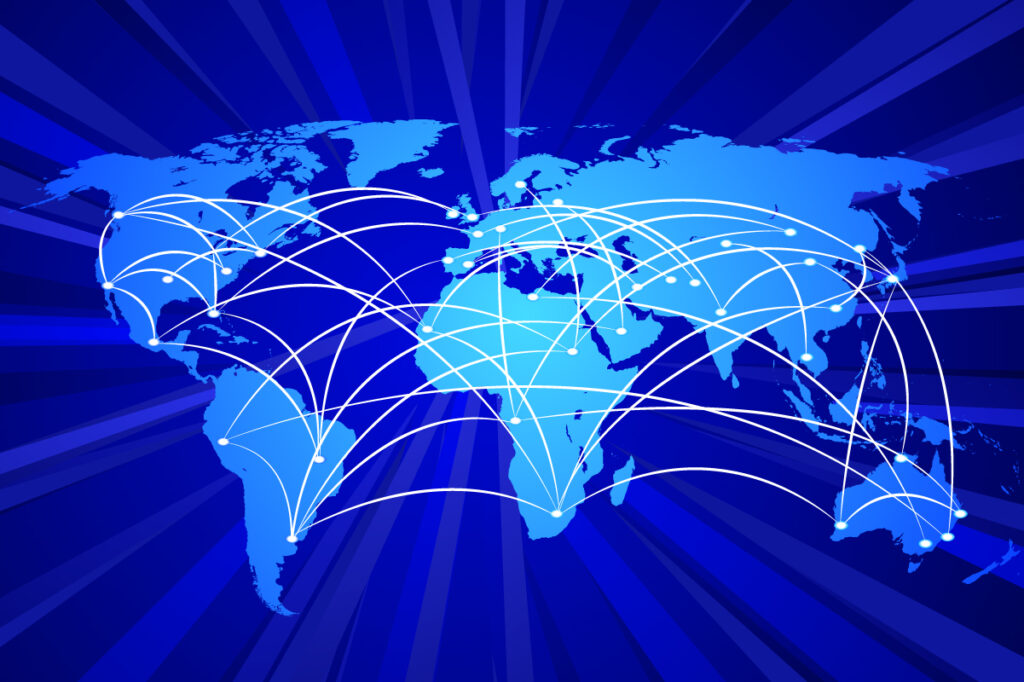Global trade is a fundamental aspect of the modern economy, but it is often a topic of debate and controversy. As someone who is fascinated by the interconnectedness of the global economy, I wanted to explore the benefits and challenges of global trade and how it impacts our lives. Global trade refers to the exchange of goods and services across international borders, driven by factors such as comparative advantage and economies of scale.
One of the primary benefits of global trade is increased access to a wider variety of goods and services. Through trade, countries can specialize in producing goods and services that they are most efficient at, leading to higher productivity and lower prices for consumers. Additionally, global trade can foster economic growth by creating jobs and stimulating innovation. As businesses compete in the global marketplace, they are incentivized to develop new products and technologies, driving progress and development.
However, global trade also presents challenges that need to be addressed. One of the main concerns is the impact of trade on domestic industries and employment. When countries import goods and services, domestic producers may face increased competition, leading to job losses and economic hardship in certain sectors. Additionally, global trade can have environmental implications, as the production and transportation of goods can contribute to pollution and climate change.
Navigating the complexities of global trade requires a balanced approach that maximizes its benefits while addressing its challenges. By understanding the dynamics of global trade and the policies that govern it, we can make more informed decisions as consumers, business owners, and policymakers. In my future blogs, I’ll delve deeper into specific aspects of global trade, such as trade agreements and supply chain management, and discuss their implications for the global economy.
